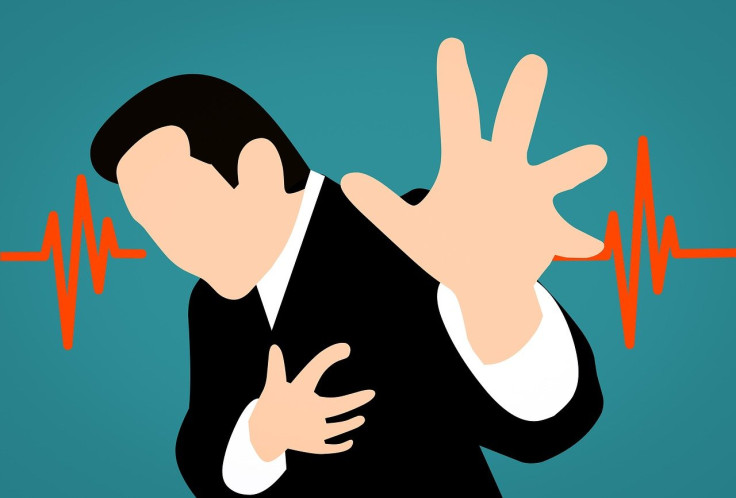Exercise Can Increase Stroke Risk In People With Blocked Arteries, Study Shows
Intense exercise can have adverse effects on people with moderate or higher levels of blockage in their arteries, a study has found.
Researchers from the Indian Institute of Technology Kharagpur found that a fast heart rate during exercise can raise the risk of stroke in people with severely blocked carotid arteries. On the other hand, exercise helped in maintaining normal blood flow in healthy and mild cases.
"Intense exercise shows adverse effects on patients with moderate or higher stenosis levels," Somnath Roy, the study's lead author, said in a media release. "It substantially increases the shear stress at the stenosis zone, which may cause the stenosis to rupture. This ruptured plaque may then flow to the brain and its blood supply, causing ischemic stroke."
The blockage is caused by the accumulation of plaque on the inner walls of the carotid arteries, which are responsible for supplying blood flow to facial tissues and the brain.
The narrowing of the artery, called stenosis, is a dangerous condition as it restricts blood flow to the brain. Detecting early stages of plaque accumulation that cause stenosis can be challenging. When blood flow to the brain is limited, the brain lacks sufficient oxygen, increasing the risk of a stroke in the patient.
For people without stenosis, an elevated heart rate during exercise helps stabilize the force of blood flow against the vessel walls, reducing the risk of artery narrowing. However, it may not have the same effects on people with stenosis.
Researchers suggest people who engage in intense workouts should regularly check their arterial health as various factors like age, lifestyle and genetics can contribute to stenosis and stroke risk. Those with moderate to severe stenosis or a history of strokes should follow a specifically tailored exercise plan, according to Study Finds.




























